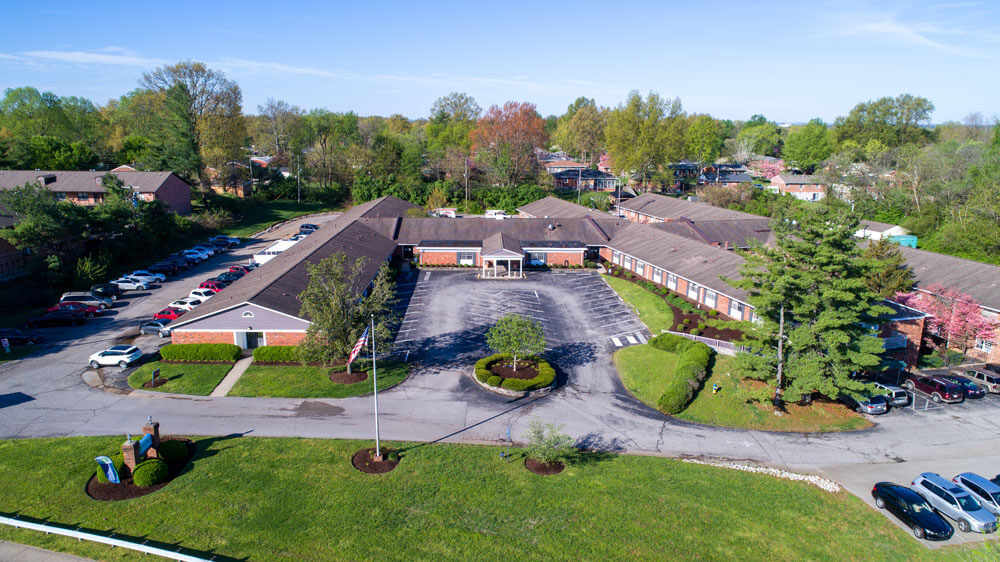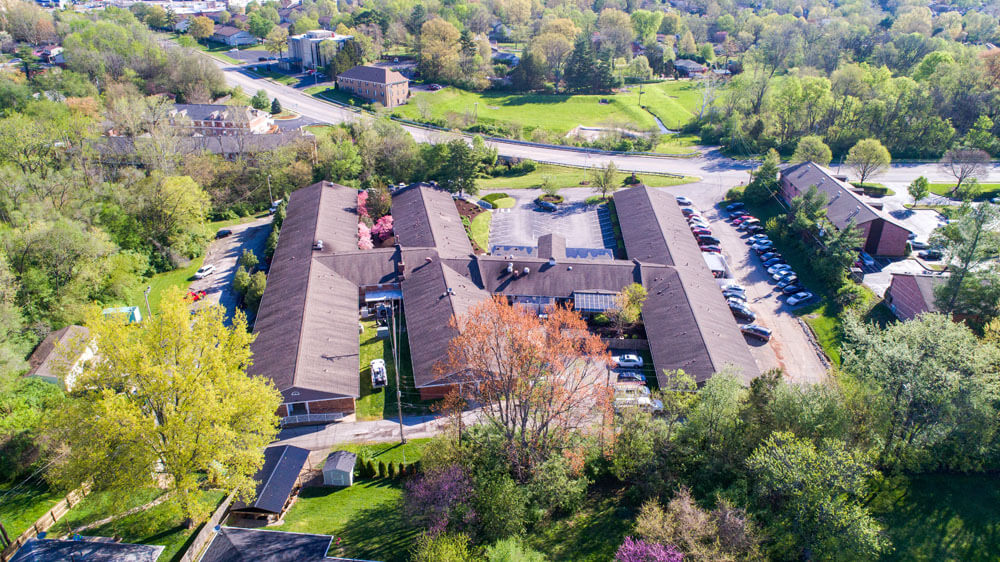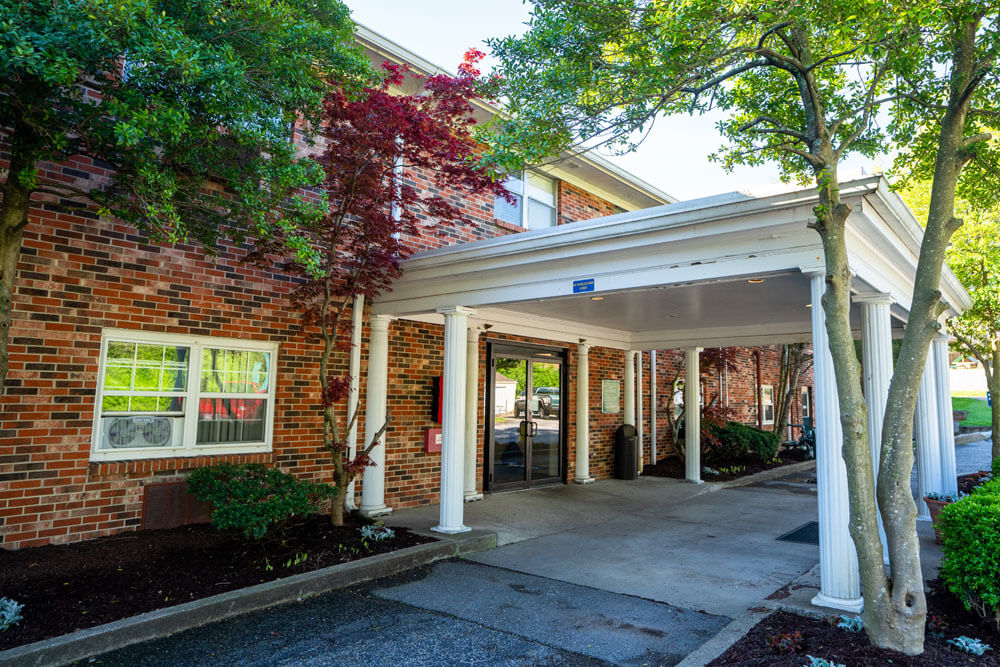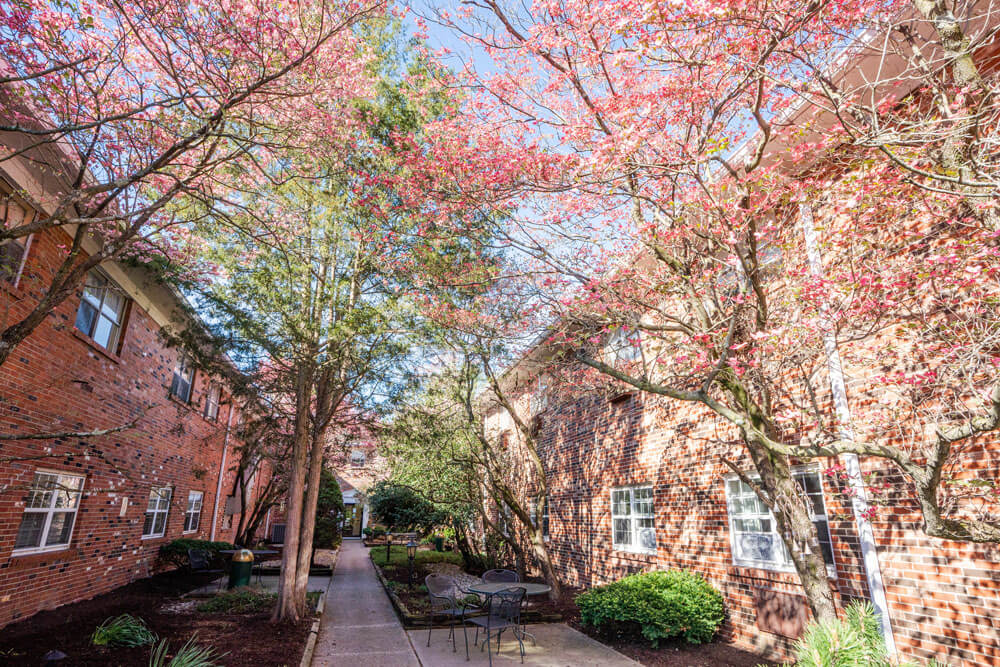
Did you know that there are currently 52 million Americans 65 and older and that number will only continue to rise, projected to double by the year 2060? With the older population continuing to increase, it’s important to consider how they will be cared for when the time comes.
When do I move my parents into assisted living? This is a difficult question but a necessary one if they need assistance you can’t always provide for them. There are many red flags that can signal that it may be time for your parents to make that move.
Continue reading to learn about some of the signs that it’s time to transition your parents to assisted living.
1. Inability to Maintain Their Day to Day Activities
It might be difficult to accept for your parents that they might need some help with their day to day lives but that is why assisted living exists. Difficulty with things like eating meals, taking a shower, or getting dressed might mean assisted living is the best option.
Some other things to look out for is whether they are able to brush their own hair or do their own laundry without difficulty. If the answer is no then assisted living might be an option to consider.
2. They Aren’t Able to Maintain Their Own Homes
Another sign to look for is whether your parents are able to maintain their own homes. When you visit your parents in their home do you notice any changes in cleanliness? Not having a tidy home might indicate deteriorating health, getting some help through assisted living might be the answer.
Another thing to look for is whether they are able to operate the appliances in their home. Are they remembering to turn off stoves when they finish cooking?
Choosing assisted living might be a hard choice. However, with over 28,900 assisted living communities to choose from, the options for your parents’ needs are plentiful.
3. They’re Forgetting Their Medications
Knowing when to put parents into assisted living can probably be answered by their inability to manage their medication. If your parents aren’t taking their medication the right way, this can become a serious issue. Some signs to look for are finding expired or stockpiled medications in your parents’ homes.
This type of forgetfulness might be a sign of worsening health and memory in your parents. Starting the process of looking for the right assisted living will bring you peace of mind that your parents will get the care needed.
4. Their Personality Is Not the Same
While everyone changes throughout life, personality changes later in life might indicate some professional help might be needed. If you notice behavioral changes in your parents that include more inactivity than usual or less vibrancy than before, this might be a sign that they need some additional care.
If your parents are experiencing new changes in mood or have lost interest in things that they use to consider fun, it’s important to monitor their wellbeing more closely. These changes might be early signs of more serious problems to come and transitioning your parents to assisted living might be the right answer.
5. Changes in Their Eating Habits
When figuring out how to know when to move parents into assisted living it’s important to establish what your parents’ eating habits are. Changes in eating habits might indicate that they might need some help that can be provided for them in assisted living.
Some things to look for are whether your parents are eating healthy meals if they have fresh food in their refrigerator and unexpired food in their pantry. A loss of appetite and decreased weight might also be a sign that a move to assisted living is necessary.
6. Changes in Their Personal Hygiene
If your parents aren’t taking care of their personal hygiene like they use to, assisted living might be the solution. It’s important to check if they’re wearing clean clothes when you visit them in their home.
Whether they’re having difficulty or forgetting to brush their teeth or change into clean clothes, these are signs that your parents might need more help than you can provide them. Assisted living facilities are staffed with professionals that will help your parents with all of these needs.
7. Increasing Number of Accidents
Asking yourself “when should I move my parents into assisted living?” can be answered by an increase in the number of accidents your parents have. If your parents have been reporting an increase in minor accidents or if you notice bruises that they can’t explain, transferring them to assisted living might be the safest option.
Other unexplained cuts and burns you find on your parents might indicate that they are having accidents or falls they can’t remember or aren’t telling you about. The safety of around the clock care an assisted living facility provides can make things easier for your parents.
8. They Get Sick More Often
The older you get the more likely you are to catch illnesses. The elderly population is more prone to catching the flu or a more serious infection.
This decrease in health might require more care than you or they can provide for themselves. Assisted living can help ease your worries and make sure your parents always have access to the care they need.
9. Isolation and Loneliness
When does someone need assisted living? If you’ve noticed your parents have become more and more isolated as they’ve grown older, assisted living might be a great option.
Not having enough interactions with family might cause your parents to become lonely. As parents age, they may begin to lose friends and this can increase their isolation as well.
If they aren’t participating in social activities and hobbies like they use to, an assisted living facility can help ease them back into social interaction. Being surrounded by peers of their age group and participating in activities planned by the facility can help them live more positively and become more sociable.
When Do I Move My Parents Into Assisted Living?
When do I move my parents into assisted living? That’s a hard question to have to ask yourself but some of the signs listed above might help you find the answers you need and make the process easier. Contact us with any more questions you may have about our assisted living facilities and we’ll be happy to help!






